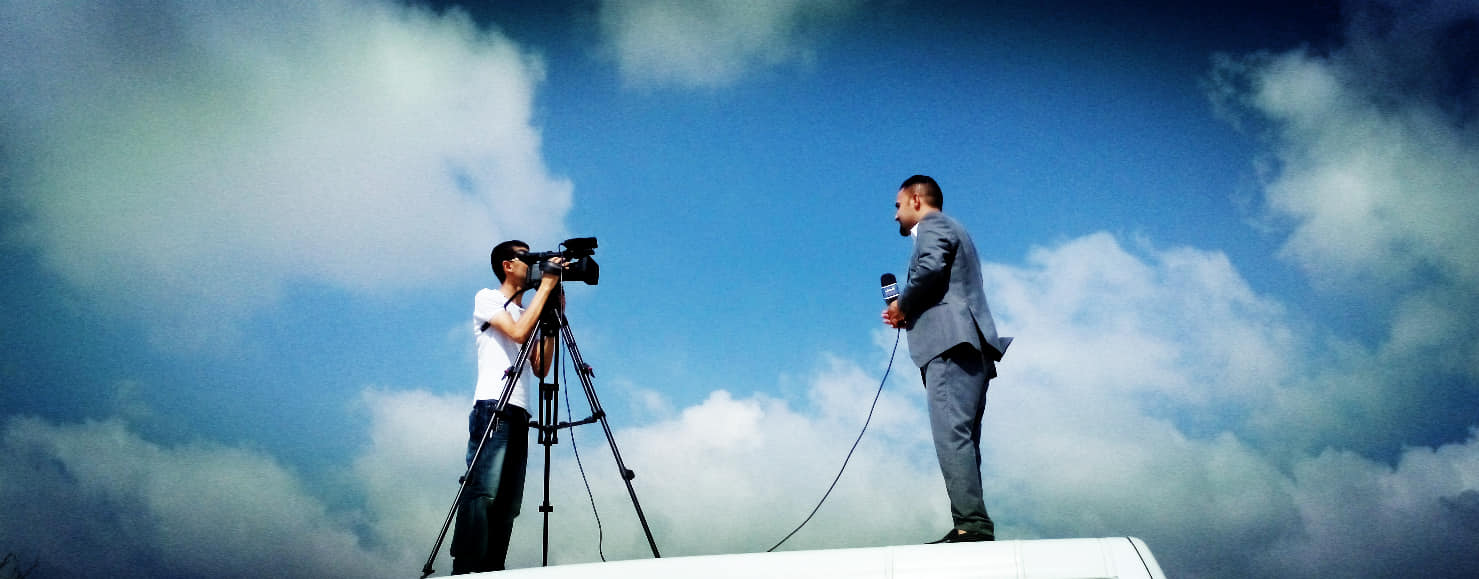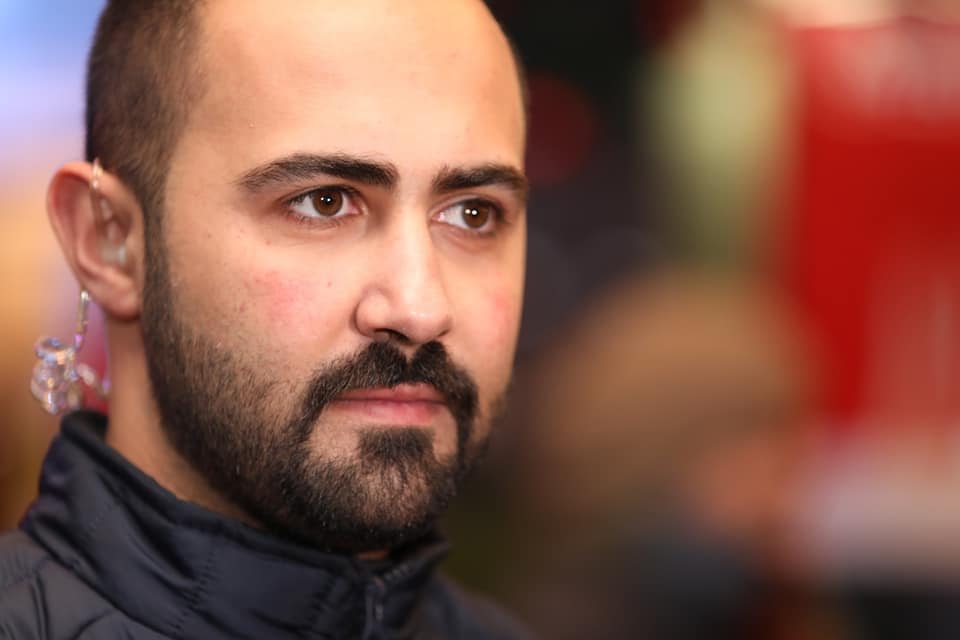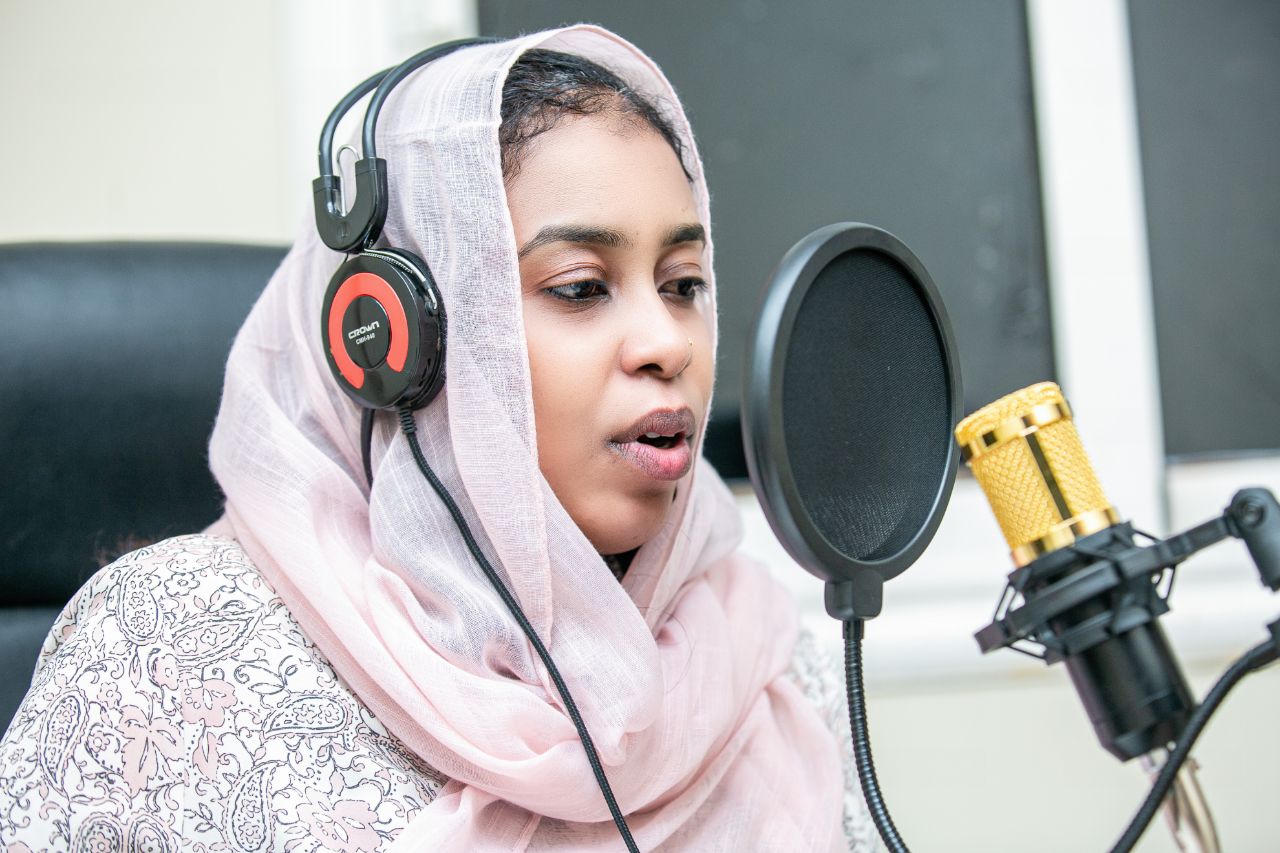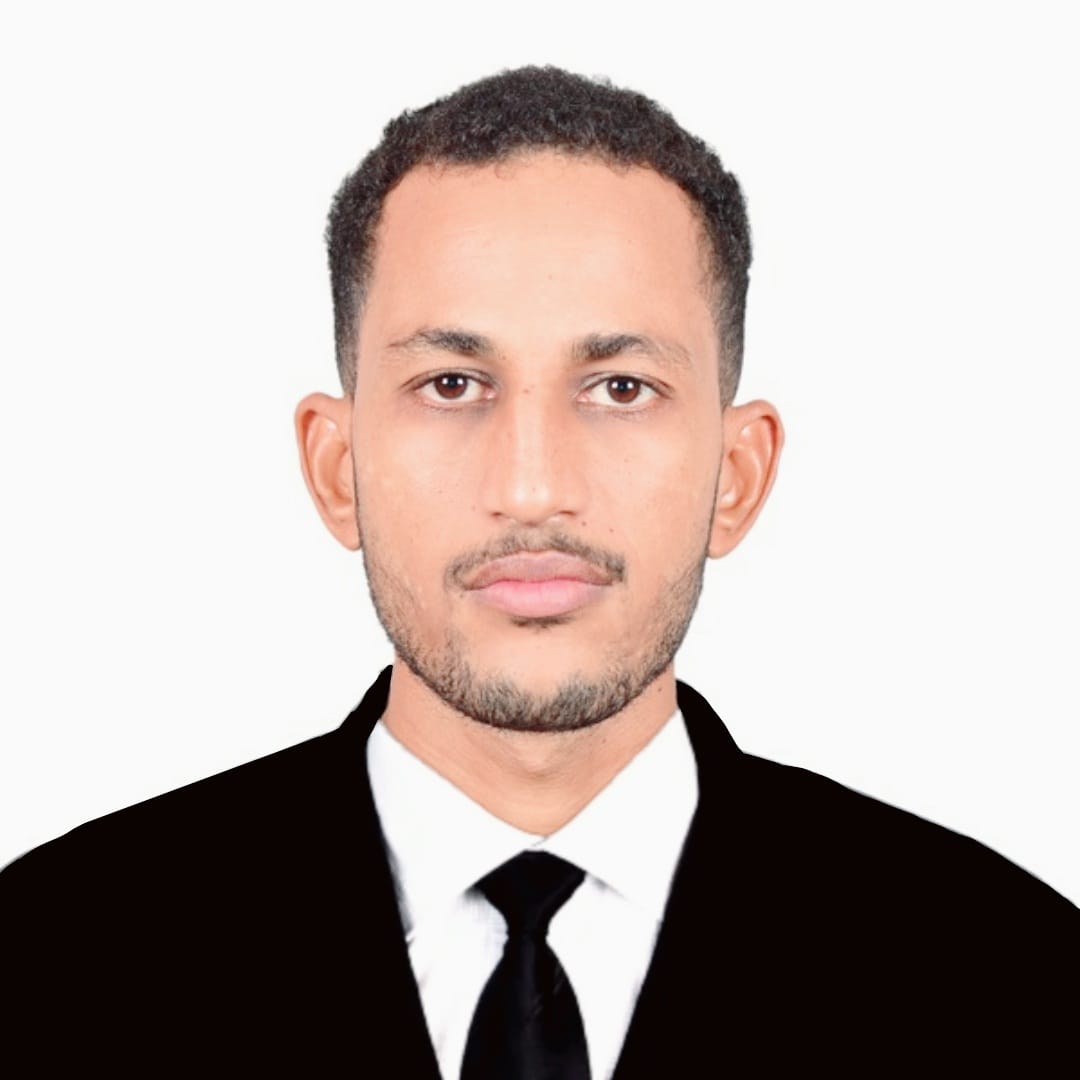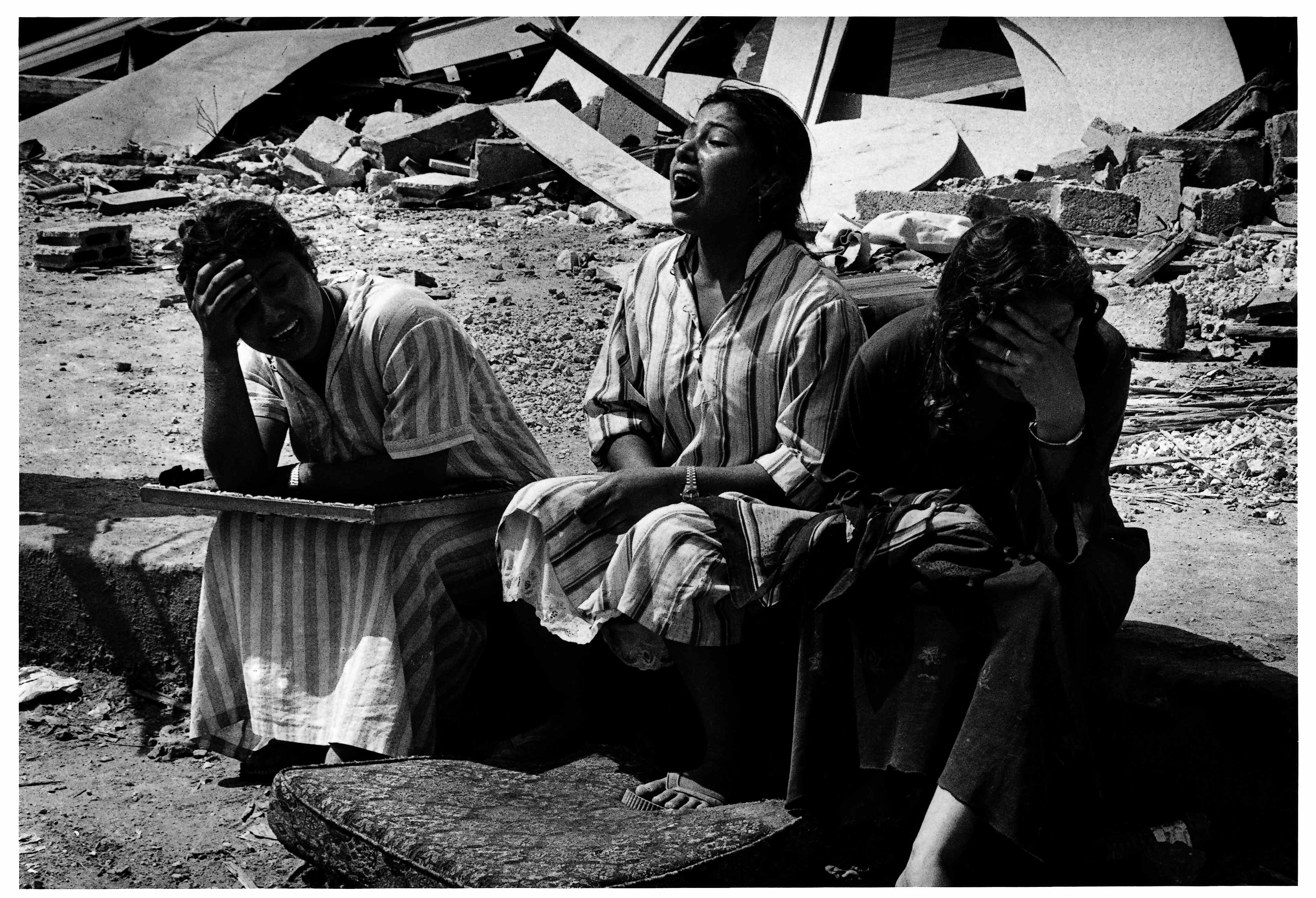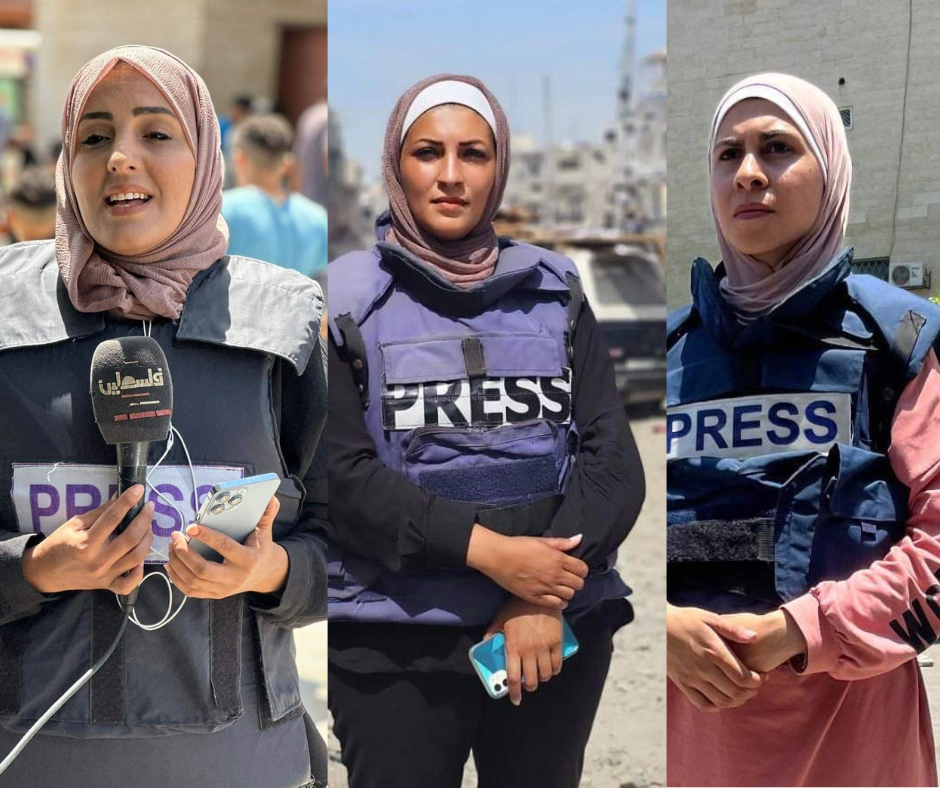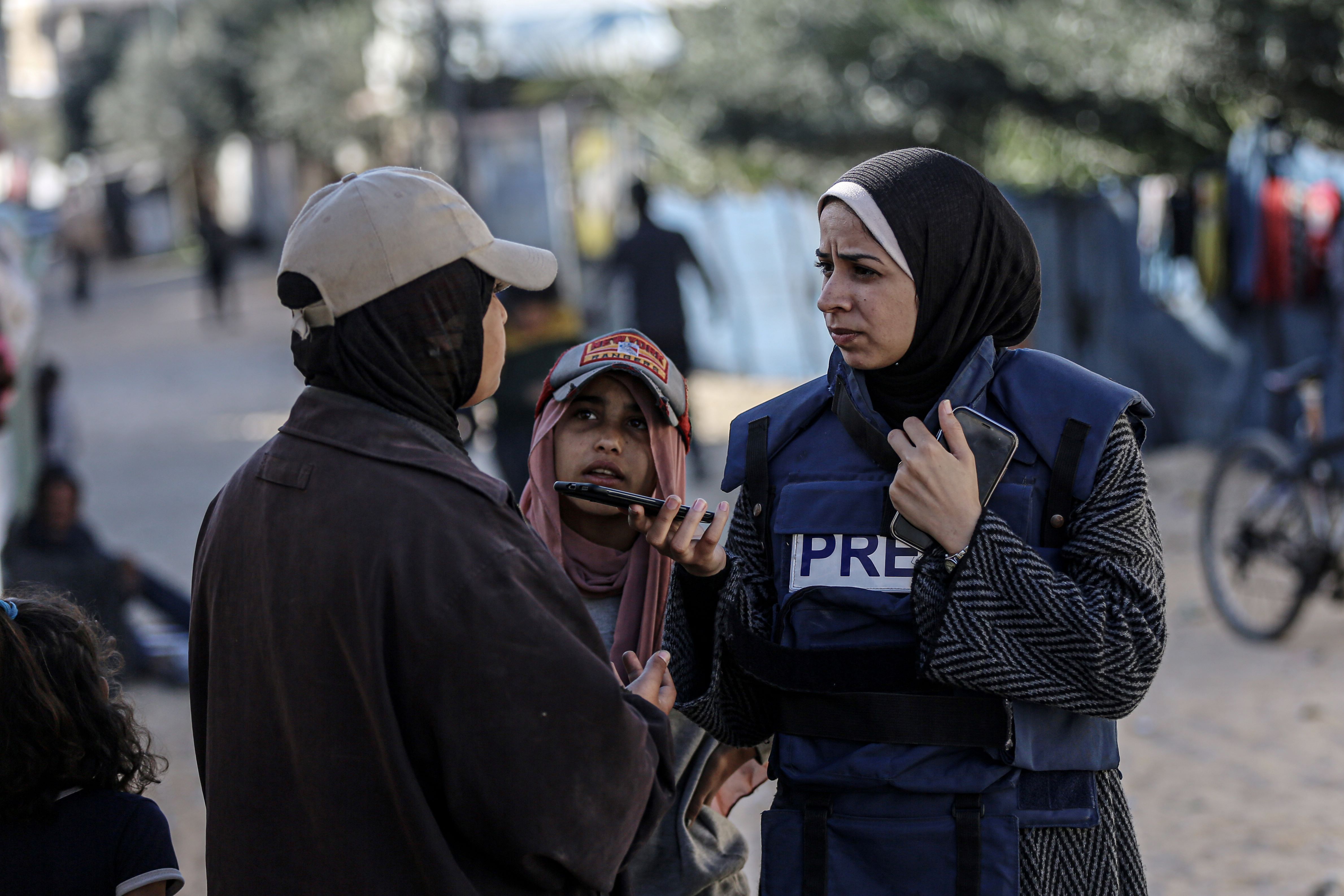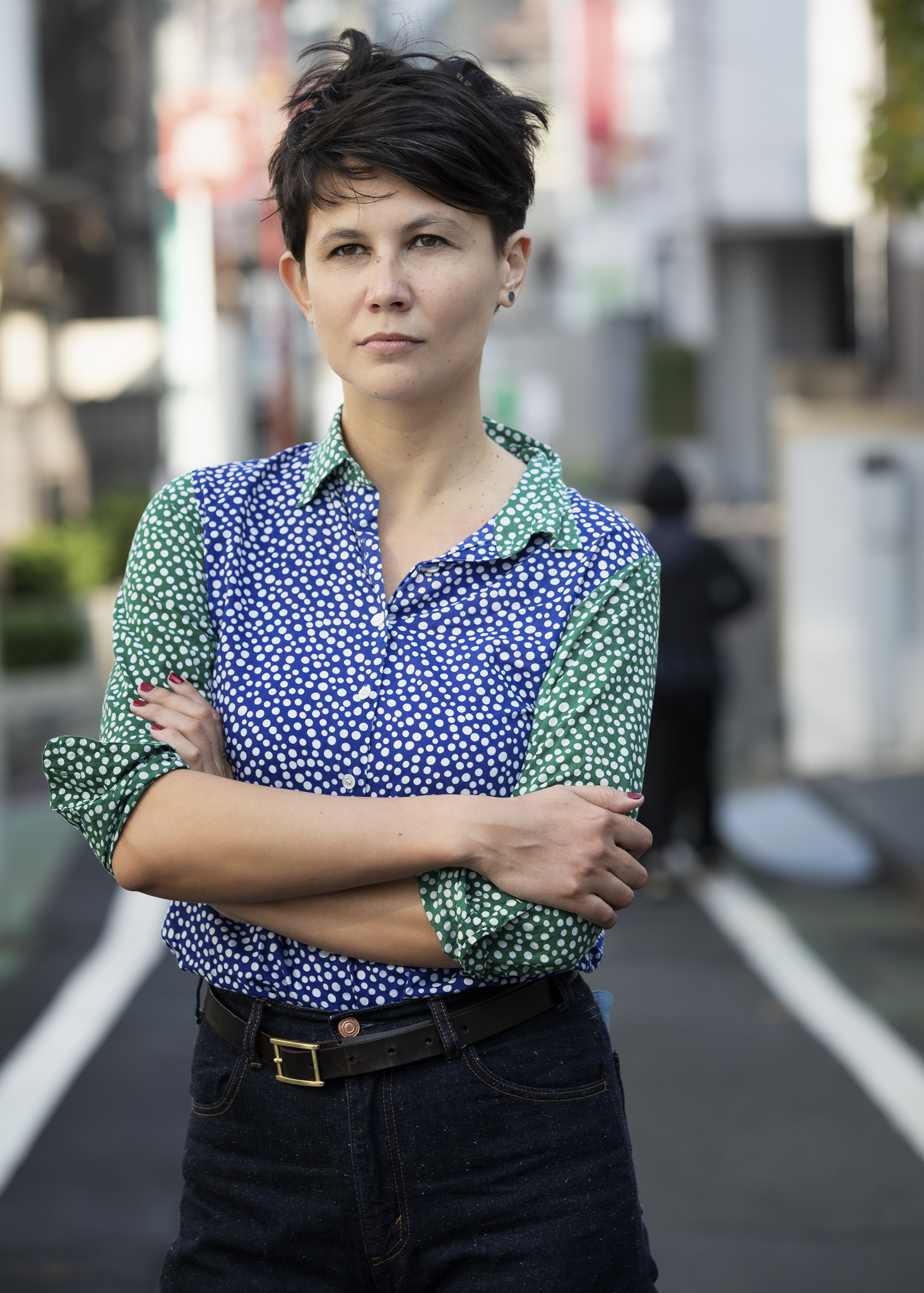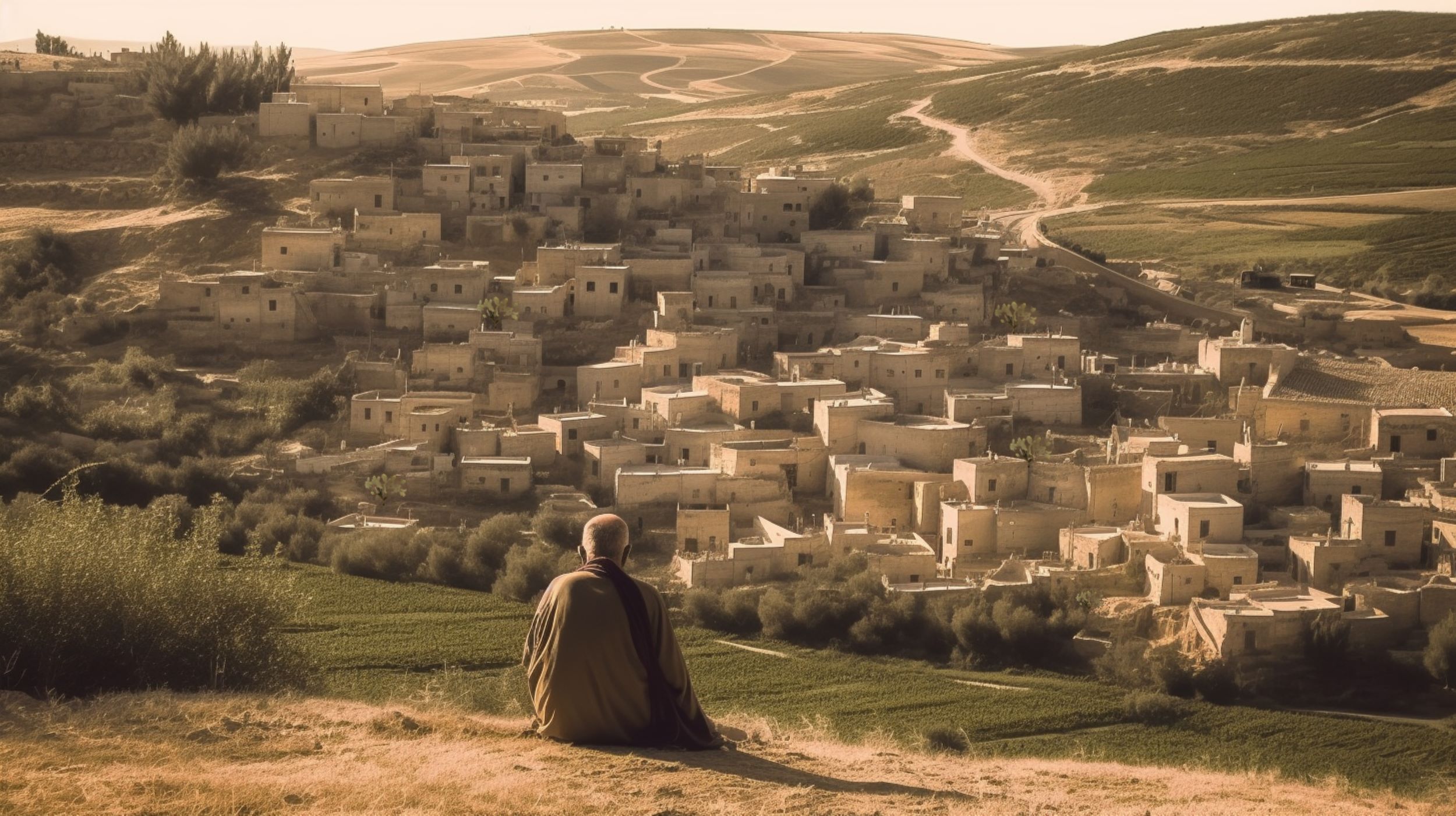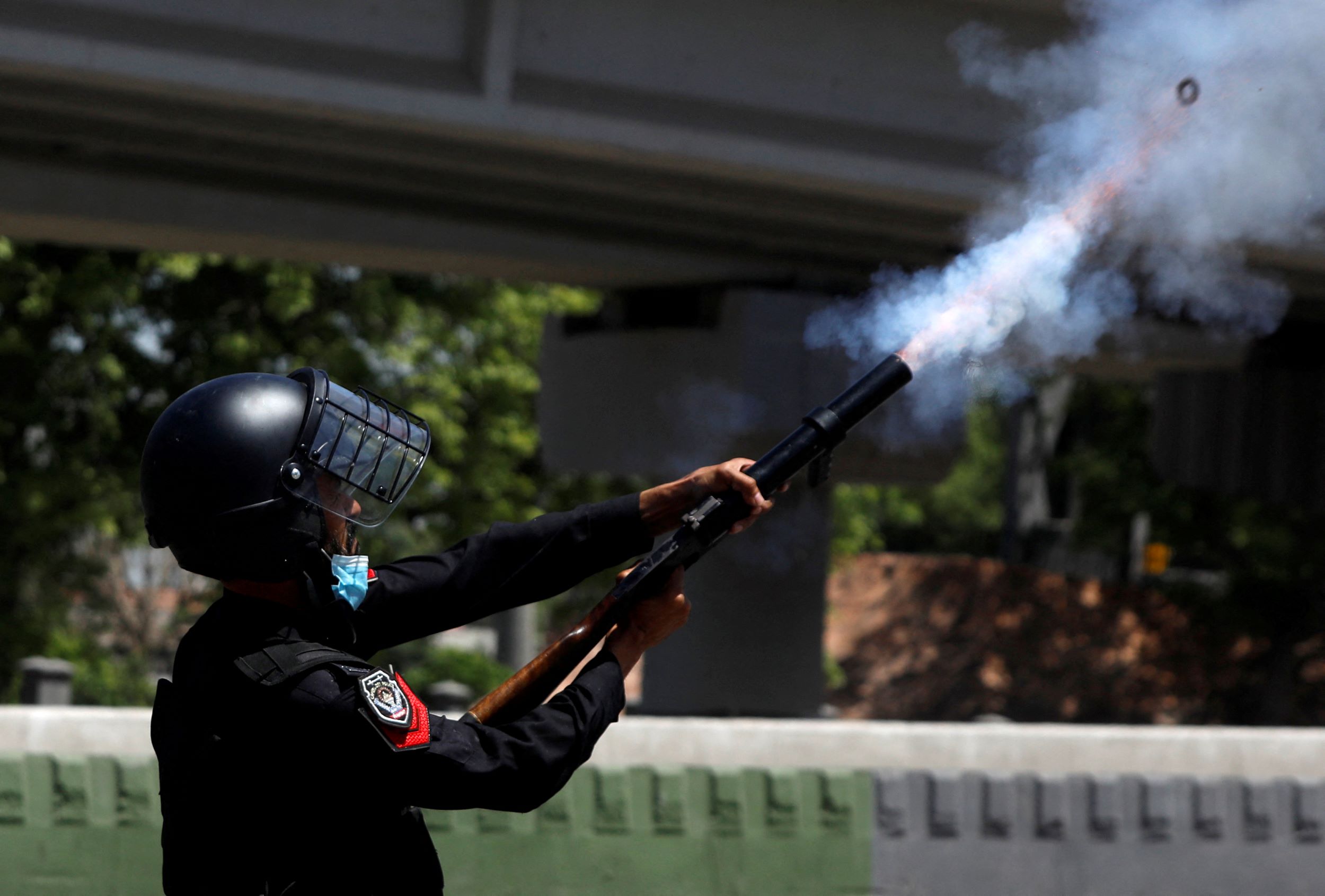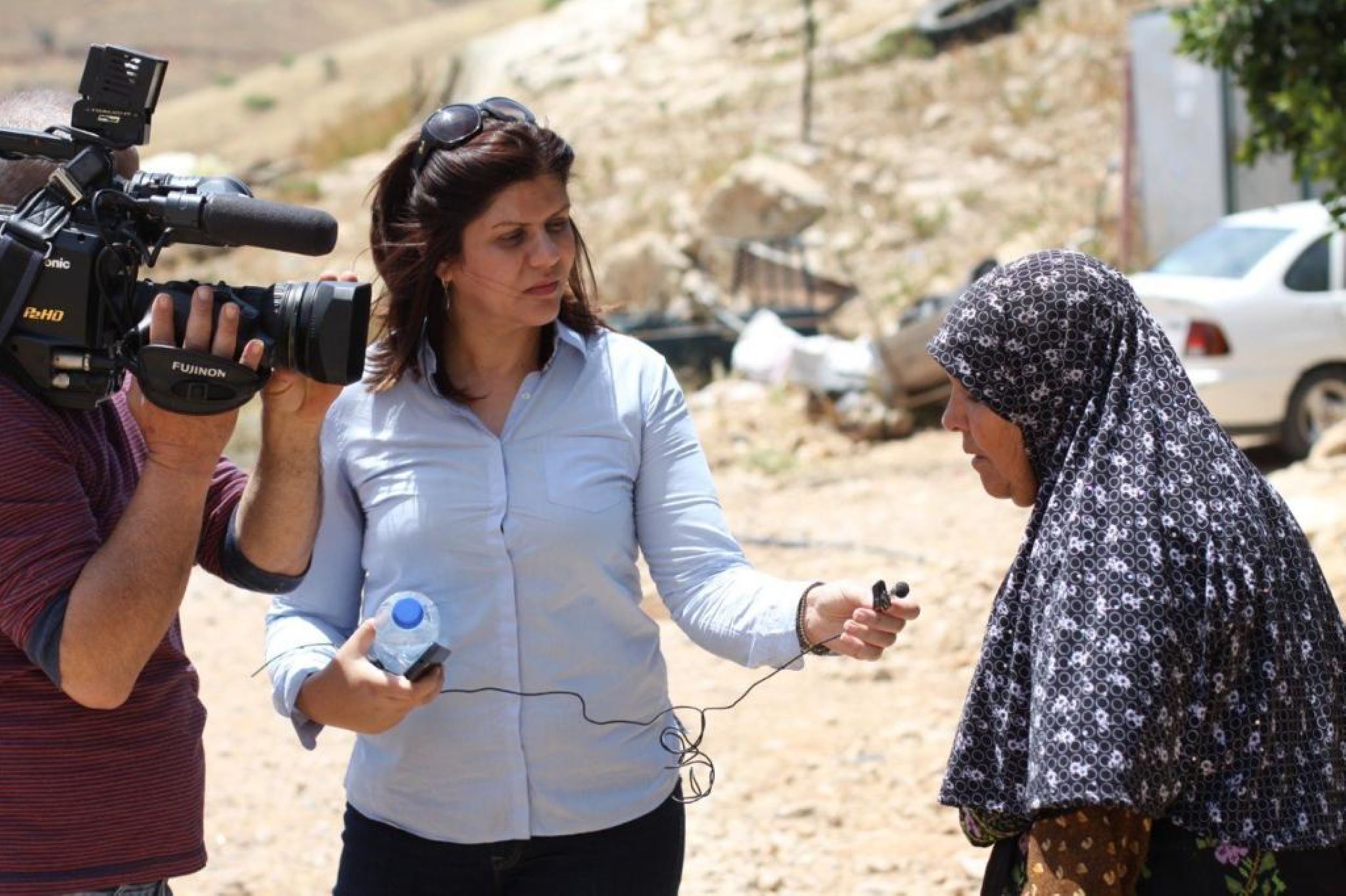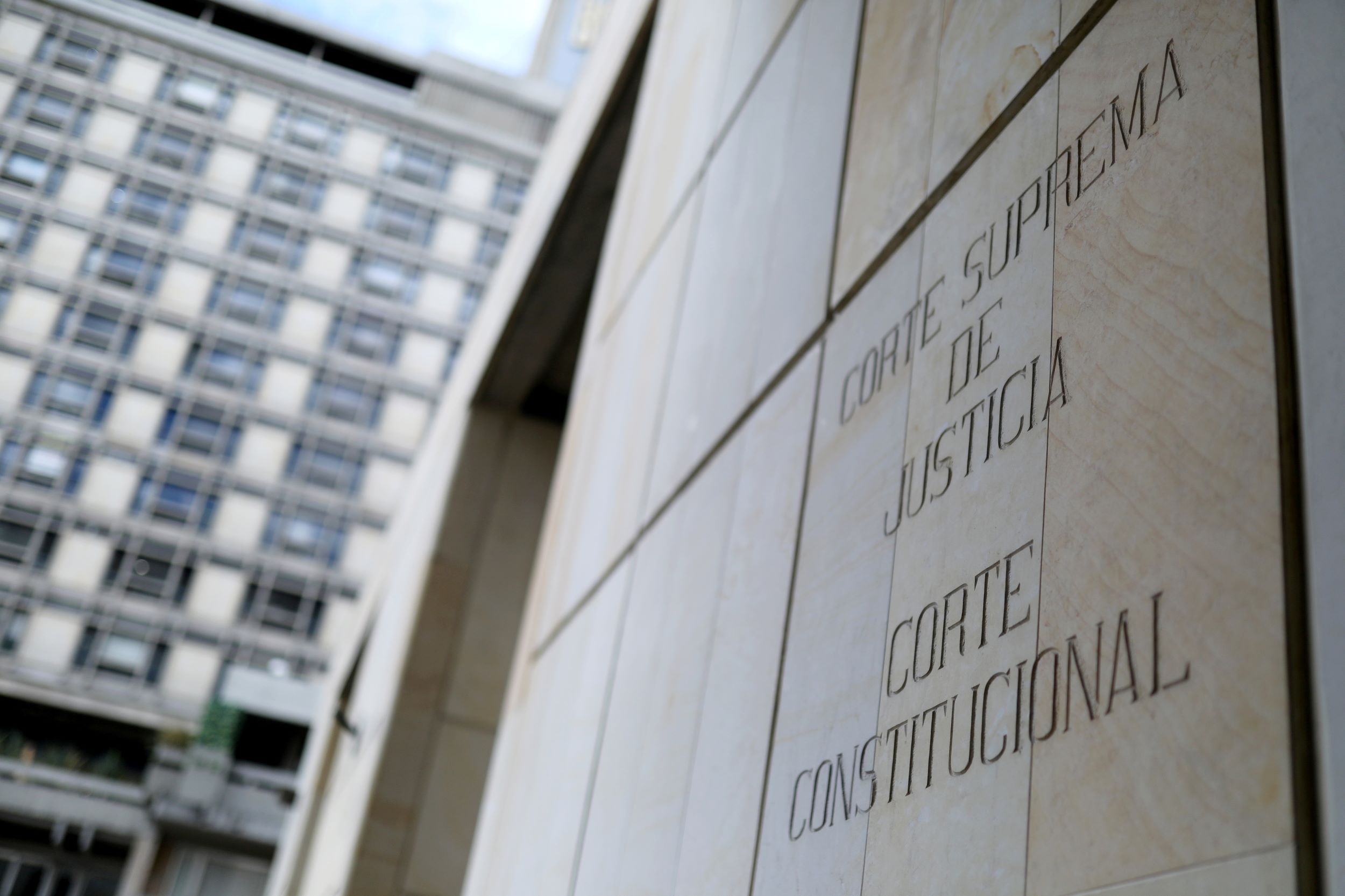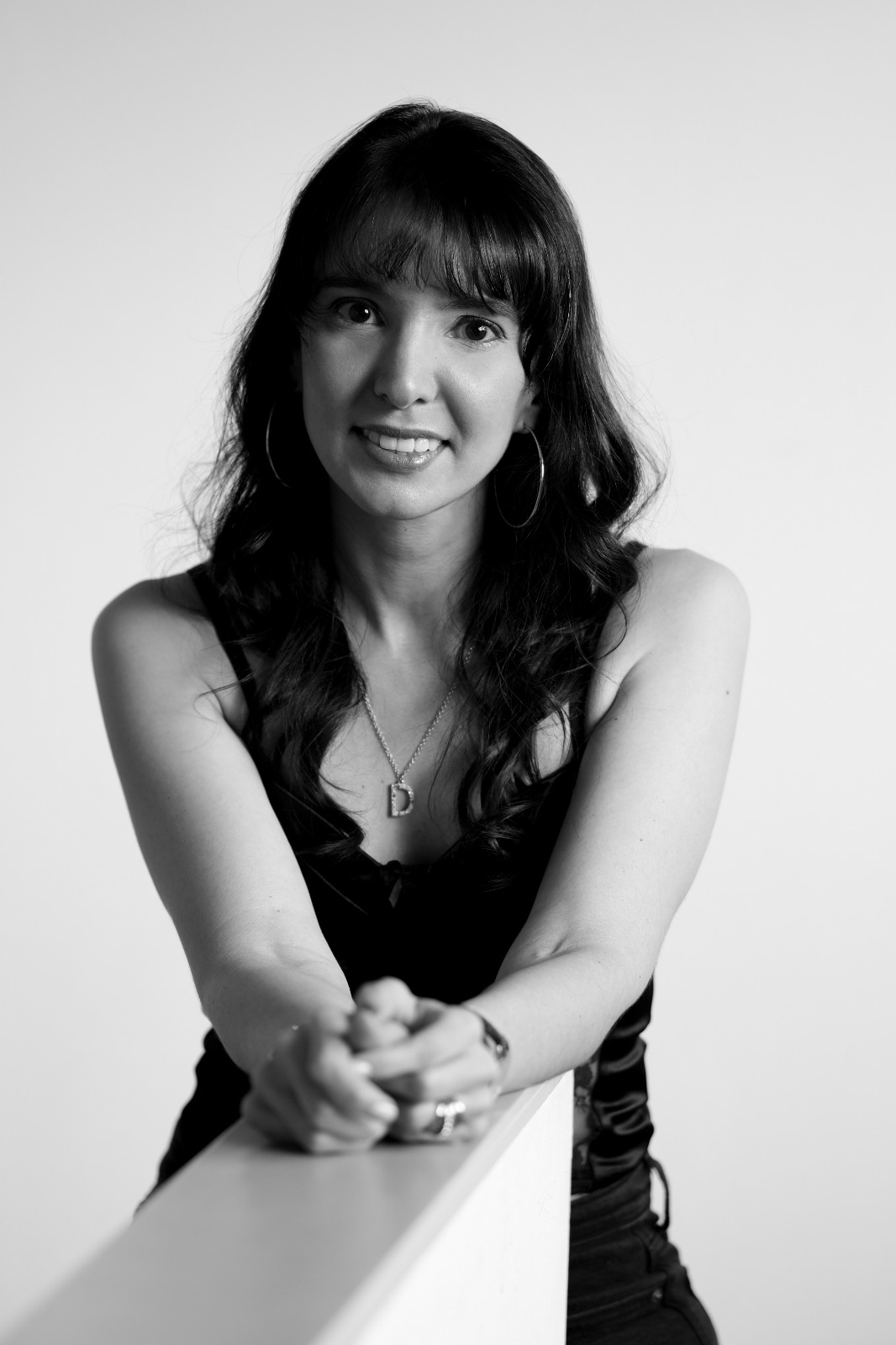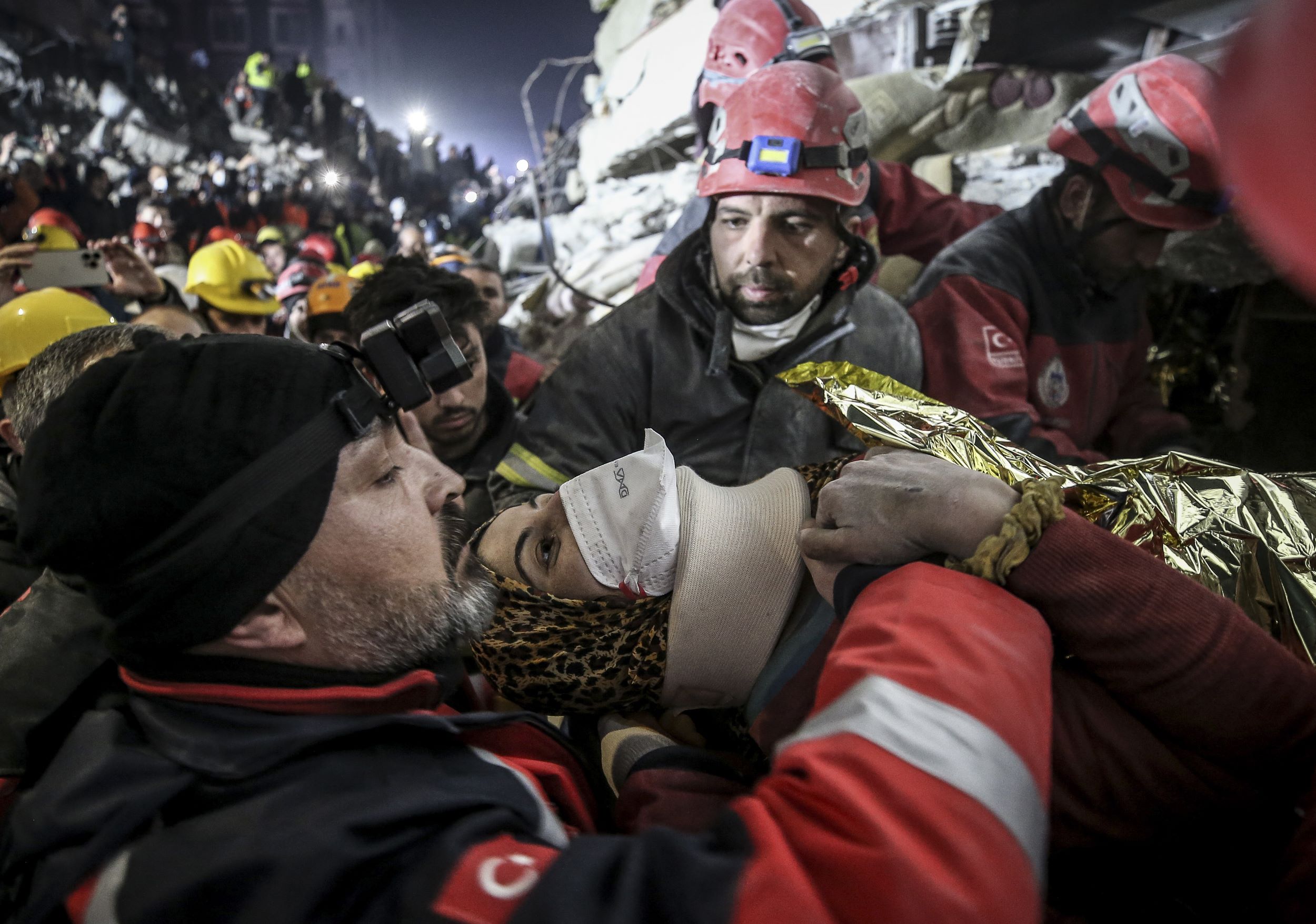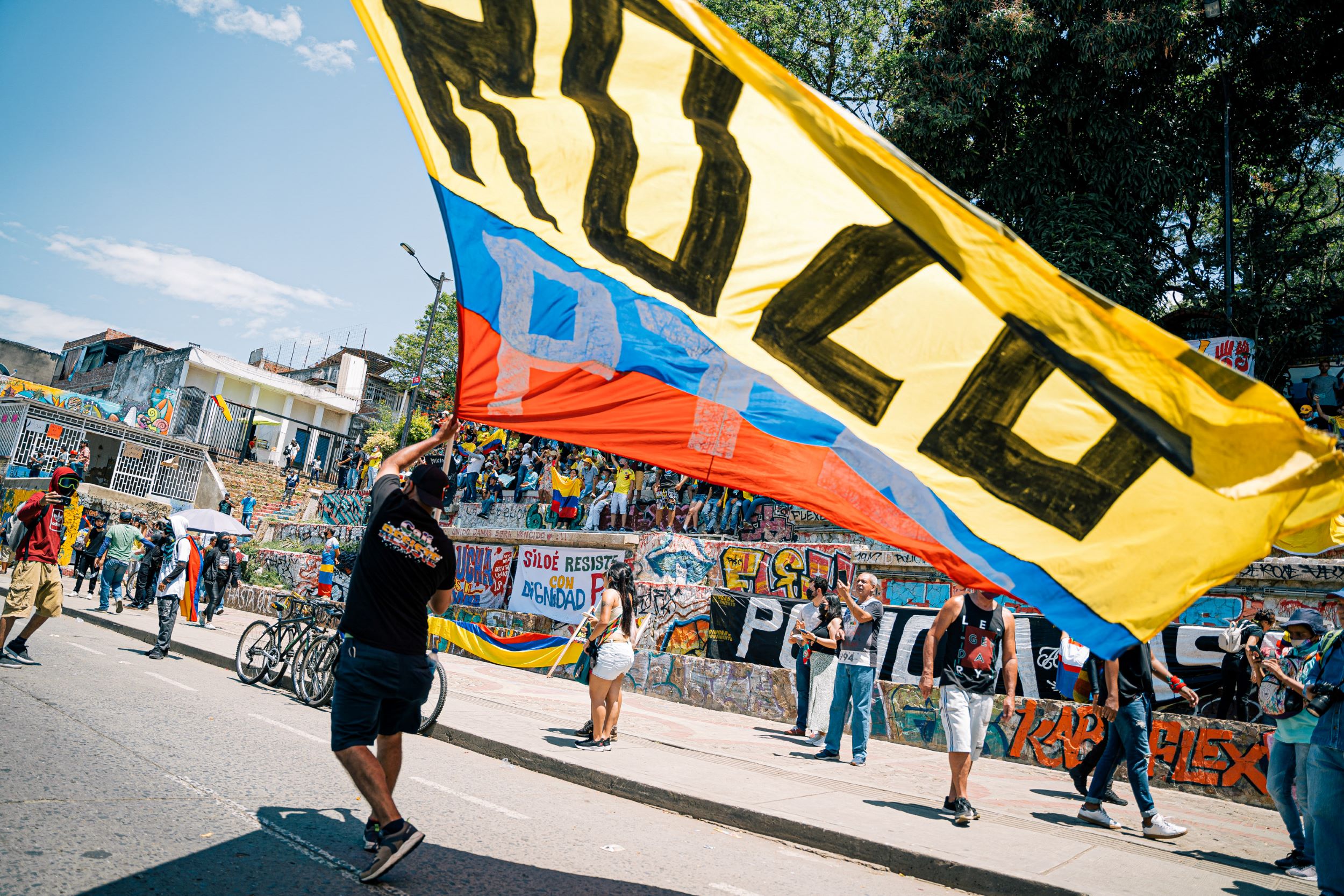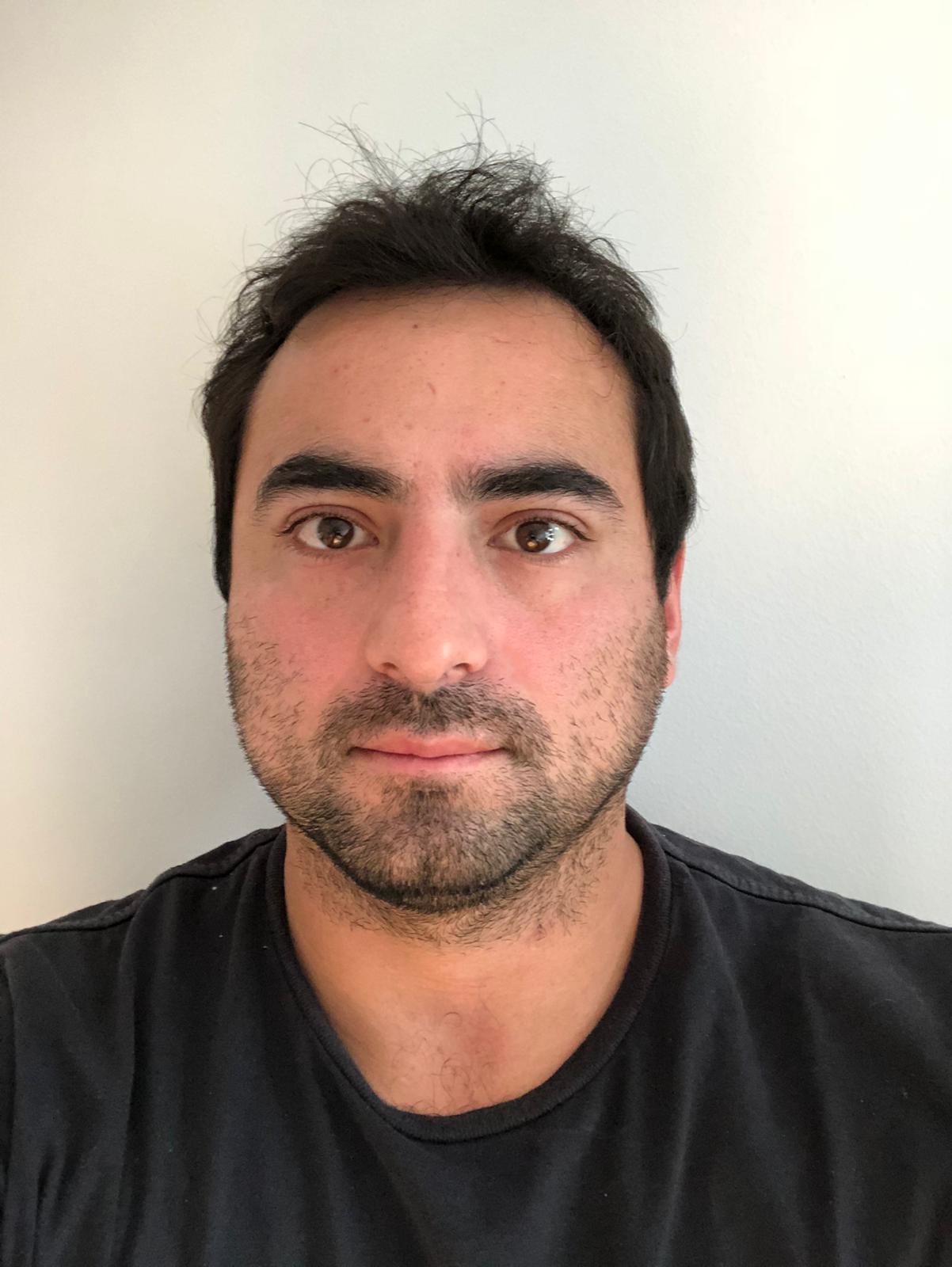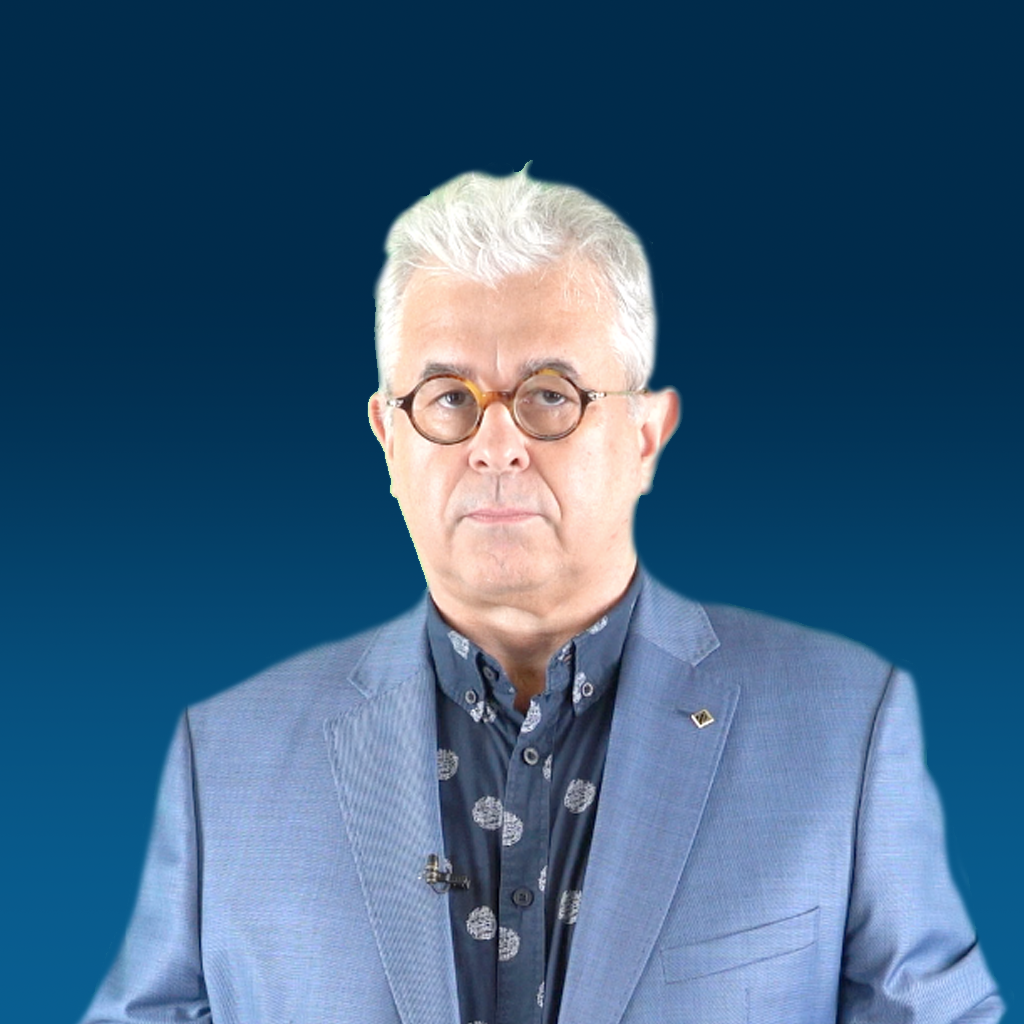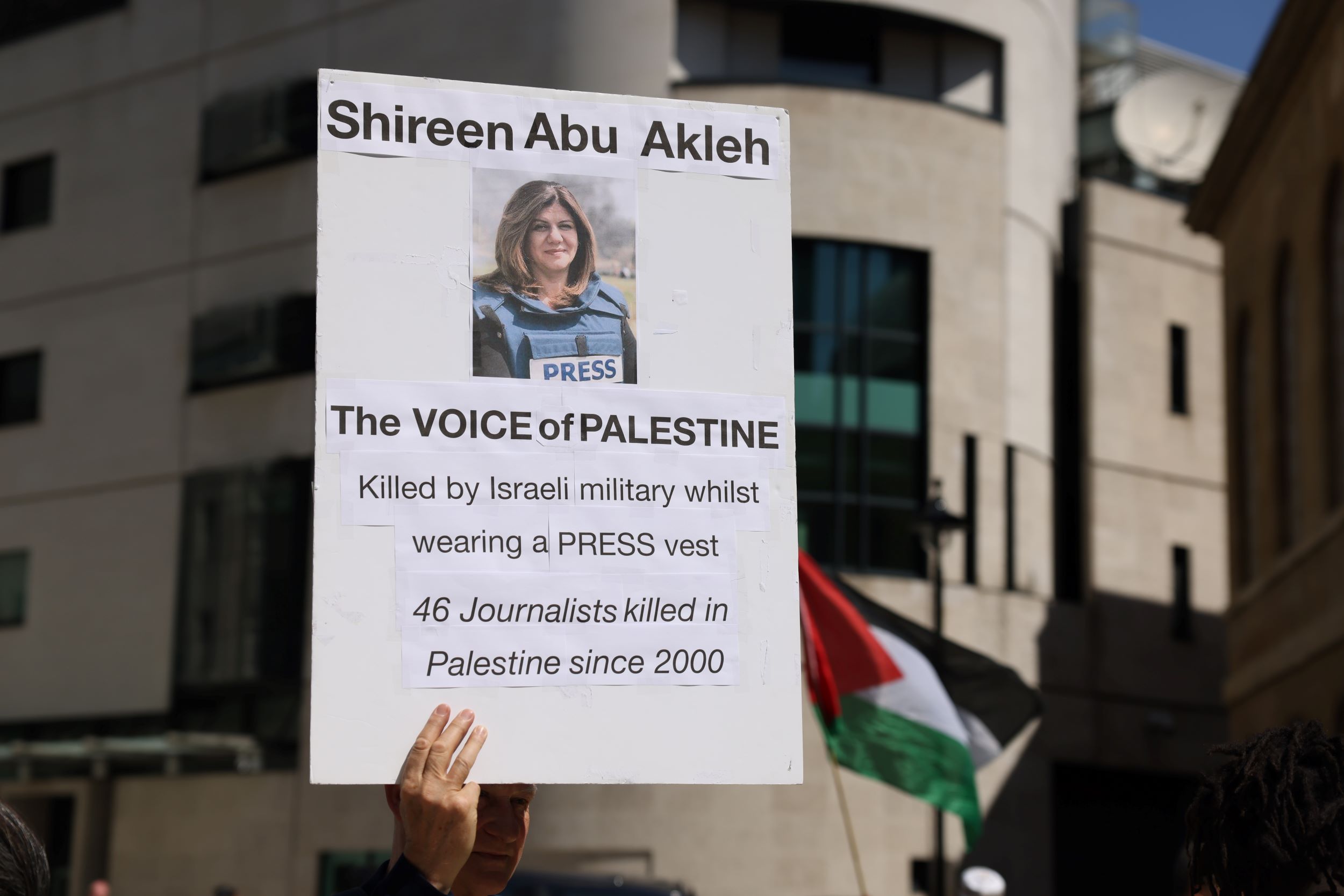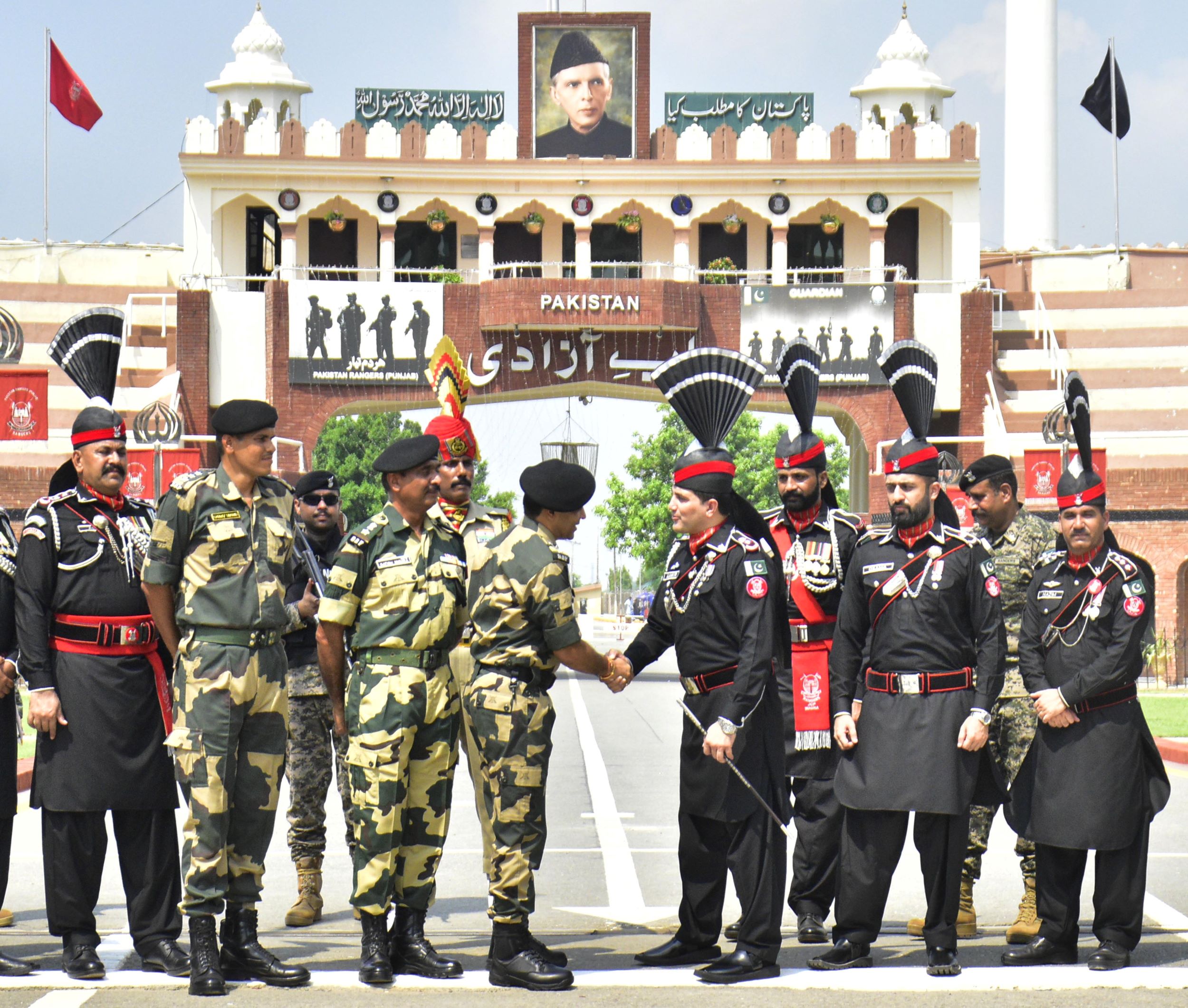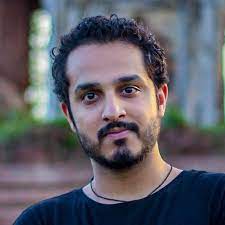كنت على الهواء مباشرة حين قررتُ أن أتنازل عنه، وأتوجه نحو دراسة الإعلام الرقمي. كان ذلك قبل عامين من تاريخ كتابة هذا المقال. فكرت كثيرا قبل أن أقرر، والتفكيرُ في مثل هذه القضايا يشبه بدايةَ إعدادِ أيّ قصة صحفية. أو أظنه يشبه مرحلة تفكيري بكتابة هذا المقال مثلا؛ إذ لا بُدَّ من جمع المعطيات والتفاصيل وترتيب المعلومات، وقبل هذا وذاك استحضار الذاكرة.
القصصُ موجودةٌ دائما ولا تغيب، وقصتي قد بدأت فعليًّا حينما كنت طالبًا في كلية إعلام جامعة القدس الفلسطينية، أُعِدُّ نفسي للخروج من بوابتها متّجِها إلى سوق العمل قبل نحو ثماني سنوات. لم أكن وحيدا بالمناسبة، بل كثيرون، نحلم أن نكون مذيعين أو مراسلين، ولوهلة، بدا لنا الطريق ممهدا إلى قناة مثل الجزيرة.
غادرتُ بوابة الجامعة في وقتٍ بدأ الإعلام فيه بالتحول إلى العالم الرقمي، وأصبحت وسائل التواصل الاجتماعي جزءا أساسيا من العمل. اختلفت الأدوات وشكلُ الإنتاج؛ الأمر الذي لم أكن مهيّئًا له خلال فترة الدراسة.
ربما كنت محظوظا بعد التخرج بعام واحد بالحصول على فرصة عمل كمراسل صحفي في تلفزيون فلسطين. عملت ثلاثة أعوام في الميدان، قبل أن أنتقل للعمل كمقدم رئيسي في البرنامج الصباحي لعامين إضافيين.
وخلال تلك الفترة دفعت بالكثير من طلبات التوظيف، ليس فقط إلى قناة الجزيرة وإنما لعشرات الوكالات والقنوات العربية والعالمية أيضا. وأدركت بعد خمسة أعوام أن سيرتي الذاتية لا تتناسب مع طبيعة العمل في هذه المؤسسات. كلُّها كانت تبحث عن مختصين في مجال الفيديو الرقمي، وصحافة الموبايل، والوسائط الإعلامية وسواها ضمن قطاع الإعلام الرقمي بمفهومه الواسع.
عندئذ، قررت أن أتوقف عن العمل مذيعا. في الحقيقة قررت أن أتوقف عن كوني قلقا من المستقبل؛ مازلت شابا في طريق البداية، والتغييرُ -الذي يحدث أمام عيني- يُظهر لي الفرصَ المتاحة في قطاع الإعلام بشكل واضح.
لم يكن أمرا سهلاً، لكنني بدأت رحلة تعليمية جديدة، اخترت فيها مسار الدبلوم المهني في جامعة بير زيت، رافضا كل خيارات الدراسات العليا المنصبّة على البحث الأكاديمي والنظري، ولا سيما أن البطالة - كما يبدو لي - باتت مؤخرا تنتقل لصفوف طلبة الماجستير في فلسطين. التحقتُ بتخصص الإعلام الرقمي، وتعلمت مجددا التصوير والمونتاج والكتابة للمنصات الرقمية، وصحافة الموبايل وسواها من أشكال الإنتاج الجديدة للمواد الصحفية.
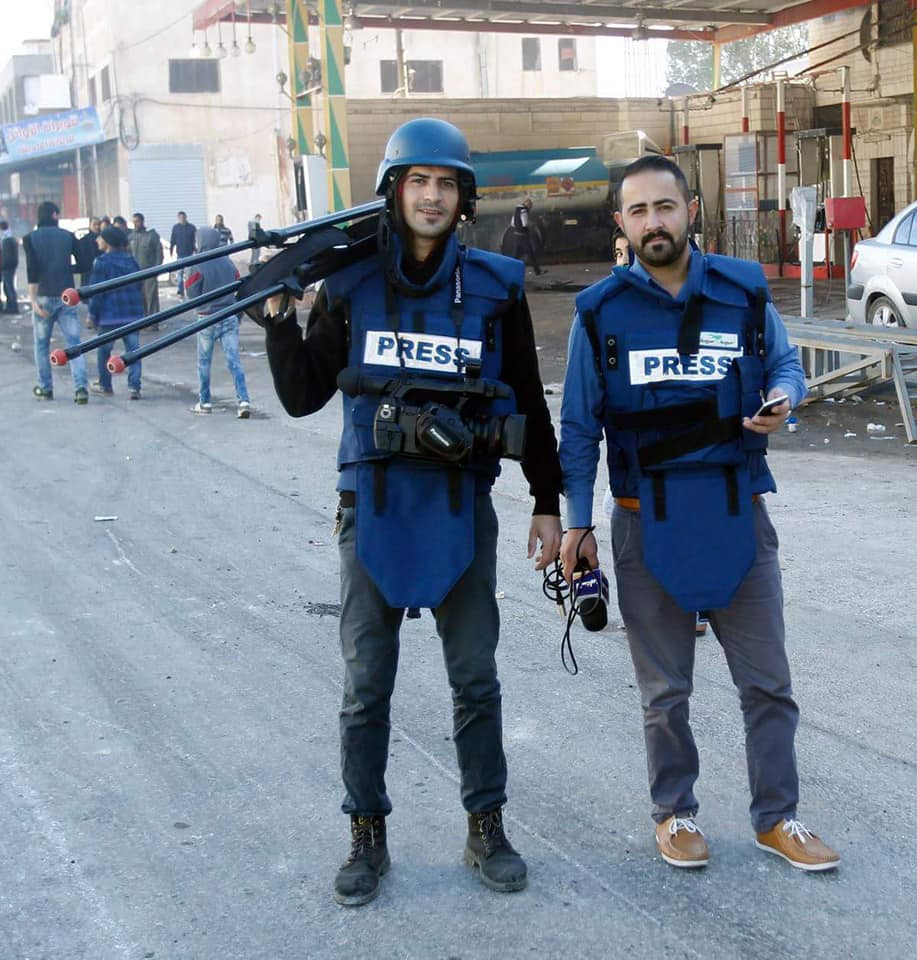
يبدو التعليم من أجل فكرة التعليم ليس أمرا صائبا تماما، لكننا ندرك ذلك متأخرين أحيانا. فعلى سبيل المثال، لا أظن أن الدراسة الجامعية في فلسطين كانت قادرة على توجيهنا لما نريد أو اكتشاف ما نريد ولا حتى ما يتطلبه سوق العمل. ولذلك، فإن رحلة الدراسة ومستقبل الطلبة تلعب فيهما الصدفة دورا كبيرا. الصدفة المتعلقة بالمعارف أو الأصدقاء أو المعلمين، قد تضيء لأحد دون آخر على فكرة يمكن أن تغيّر مسارَه المهني على نحو كبير.
ما أودُّ قولَه إنّ معرفة واقع المهنة والمستقبل لا يندرج تحت إطار أكاديمي مخطط له سلفا، فما يدرسه الطلبة قد لا يتواءم مع ما يحدث من تطور في الخارج: المناهج قديمة، والأفكار تقليدية، والممارسة غائبة. المجهود الشخصي والمثابرة، إلى جانب البحث والتدريب والتشبيك، كلها عوامل من شأنها أن تزيد فرصة الصحفي الذي خرج للتو إلى سوق العمل. الصدفة وحدها لا تكفي، والمناهج النظرية وحدها لا تكفي دون تعزيزها بالتدريب وتطوير المهارات المرتبطة بإعلام المستقبل.
الجامعات والكليات في فلسطين، تفكّر بالربح أولا. هذه جملة سمعتها من طلبة كثيرين ليس فقط هنا، وإنما في أرجاء الوطن العربي؛ إذ إنّ سعْيَ الجامعات والكليات لتطوير مناهجها وتخصصاتها منوطٌ باستقطاب عدد أكبر من الطلبة بعد تخرج الفوج الموجود أساسا على مقاعد الدراسة، رغم أن التغيير وعملية إحداث المواكبة للطلبة أثناء دراستهم في السنة الثانية أو الثالثة أمر ممكن للغاية. ومع ذلك نرى أن العديد من الخريجين دفعوا وما زال بعضهم يدفع ضريبة تأخر تطوير المناهج، فيضطرون لاحقا لدفع المال للحصول على ما فاتهم من معرفة ومهارات، وفي أحسن الأحوال يلتحقون بالبرامج المجانية أو المنح التي تقدمها بعض المؤسسات الإعلامية.
في المحصلة، الجامعات تفكر بالربح من الطلبة مرتين، فبعضها تضيف برامج تعليمية متطورة لاحقا لتستهدف طلبة الإعلام المتخرجين حديثا تحت إطار الدبلوم أو الدورات التدريبية الطويلة، مع أنه كان بإمكانها أن تقدِّم تلك المناهج ضمن خطة الدراسة في مرحلة البكالوريوس مثلا.
في رحلة دراستي للإعلامي الرقمي، تعرفت على مدربين مهنيين ينتمون إلى الميدان ولم أتعرف على أساتذة أكاديميين. والميدانُ لم يعد مقتصِرا على الشارع في عالم الصحافة. الميدانُ الحقيقي اليوم هو المنصات الرقمية، وبرامج المونتاج وتعديل الصورة، والأدوات التي توضع في "الجيب" للتصوير، والموبايل الذي يلتقط صورا محترفة، ويُستخدم لتسجيل الصوت وإنتاج القصة ونشرها.
ثمة أدوات جديدة دوما للتعبير عن المشاعر والأفكار، ولهذا لا بد من طريقةِ عرضٍ قريبة من الجمهور؛ لضمان إيصال الفكرة المرجوّة وَفْقَ ما يشعر به الناس.
العالمُ تغيّر، والإعلام كذلك. والتغيير يحدث بالتجربة غالبا؛ إذ إنّ الجديد منها يدفعنا لاستبدال ما تعودنا عليه بإرادتنا أو مضطرين أحيانا. في أول عمل حصلت عليه بعد دراستي للإعلام الرقمي كان مع برنامج جعفر توك عبر التلفزيون الألماني باللغة العربية، أبحث عن قصص الشباب الباحثين عن التغيير والاختلاف في فلسطين، وأسلط الضوء عليها في تقارير مصورة ترافق تفاصيل حياتهم اليومية. كان شكل الفيديو مرتبطا بفكرة القرب من الشخصيات، ليس فقط بالمعلومات وإنما أيضا بطريقة التصوير التي تراعي: عدم استخدام حامل الكاميرا، والتحرك بانسيابية وحرية، وأهمية كتابة النصوص كاملة دون الاعتماد فقط على صوت المراسل أو ما تحكيه الشخصية. ولا بد أيضا من مراعاة شكل الصورة من حيث التعديل أو الفلاتر لسهولة نشر هذه القصص عبر مواقع التواصل الاجتماعي المختلفة.
واقع العمل الإعلامي يتطلب الكثير من المهارات في هذا العصر. أظننا الآن في عالم المهارات لا الشهادات، إذ لا يمكننا أن نملك المحتوى دون تملُّك أدوات التعبير عنه، ولا يمكننا كذلك احتراف العمل على التطبيقات والبرامج المرتبطة بالصوت والصورة أو إدارة المنصات الرقمية دون امتلاك المحتوى.
لا فائدة من التكنولوجيا بدون قصة، ولا فائدة من قصة لا نعرف كيف نرويها أو نقدمها. أما الإعلام الرقمي، فغيّر نظرتي نحو العمل، لقد صرت كاتبا، ومحرر فيديو، ومصورا وكاتبا للسيناريو، ومراسلا ومذيعا ومعدا للقصص أو باحثا عنها.
في الحقيقة؛ العمل في هذا الحقل يحتاج أن تعمل كل شيء تقريباً، ولا بد للصحفي أن يعرف كل شيء، حتى لو كان متخصصا.
